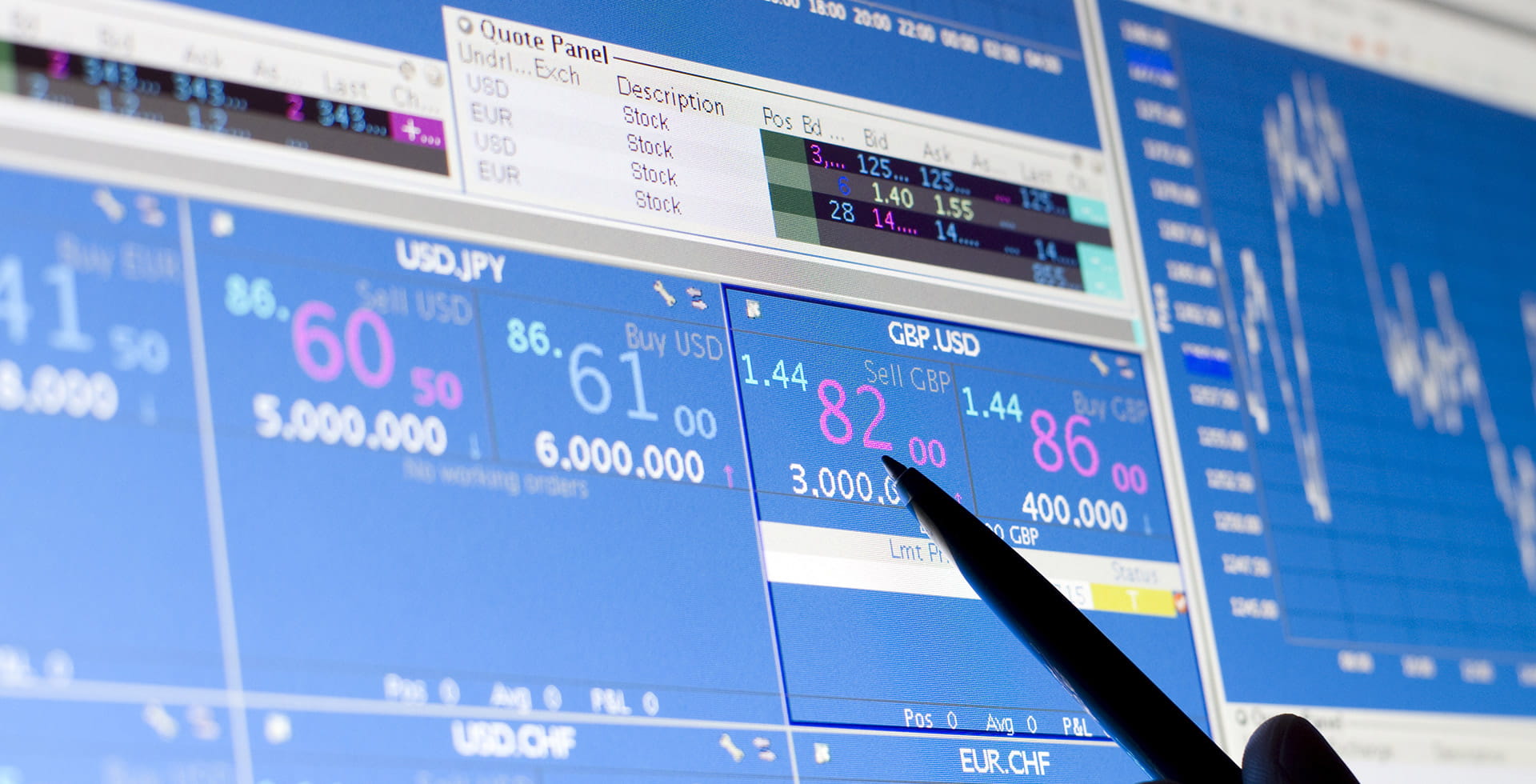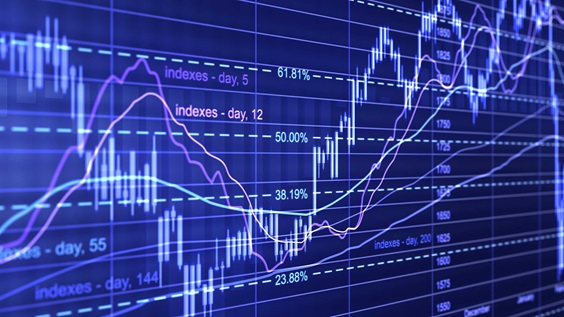Ukraine Crisis: Impact on Asia

Summary
Russia’s invasion of Ukraine has sent shockwaves across global financial markets. In response to Russia’s military aggression, the West has imposed severe sanctions targeting Russia’s financial system and the country’s access to the US dollar and is mulling over sanction on its oil exports. Christiaan Tuntono, Senior Economist for Asia Pacific at AllianzGI discusses the impact of the Ukraine crisis on Asia.
Key takeaways
|
Asia is not likely to be severely impacted by a seizure in financial linkages with Russia. Firstly, Russia’s GDP and equity market capitalisation are not sizable on a global scale, only representing about 1.6% and 0.35% of the world’s total, respectively. Secondly, only a few North Asian economies (Japan, Korea and Taiwan) have limited exposures of less than US$10 billion to the Russian banking system and equity market.
As for trade linkages, Asia’s exposure to Russia and Ukraine is limited at about 1.4% of the regional total and even lower at 1% when China is excluded from the calculation. Bulk of the trade exposure towards Russia is in mineral imports given the country’s position as a key commodity exporter, but that only represents 5.7% of total mineral imports by Asia and 4.1% when China is excluded from the calculation.
Asia is more directly impacted by the rapid surge in global energy prices caused by the escalation in the Ukraine crisis. This is because most Asian economies, except for Malaysia, are net energy importers. Surging oil prices is expected to impact Asia through lower growth (higher fuel prices as a tax), higher inflation (fuel is a CPI component) and weaker current account balances (rising oil import bills).
Sensitivity analysis suggests that a rough 11% surge on global oil prices to US$100 per barrel shall deduct Asia’s growth by 0.17 percentage points (pp), raise CPI inflation by 0.33pp and weaken current account balance by 0.24% of GDP. When China is excluded from the calculation, the sensitivities are -0.25pp, +0.39pp and -0.36% of GDP, respectively.
The study shows that small-open economies like Singapore and Taiwan are most impacted on growth and current account balances, while Malaysia and Indonesia are the least due to their sizable commodity exports. On inflation the worst hit are the ASEAN economies and India given higher weights of fuel in their CPI baskets. We remain cautious over India, Indonesia and Philippines as oil prices surge given their high inflation prints and current account deficits.
The Ukraine crisis and the related sanctions against the Russian Federation, the separatist regions of DNR and LNR, and Belarus are constantly evolving. The statements included herein are as of the date provided and are subject to change.
2100199
In today’s volatile market, diversification may not be enough

Summary
The first part of 2022 has been a rocky period for investors, as the Russia’s invasion of Ukraine came on top of an already volatile start to the year. The attack has unsettled already volatile markets, made inflation worse and accelerated a deglobalisation trend that has been apparent for some time. Investors may need a new toolkit, rather than relying on traditional approaches that previously helped in turbulent times.
Key takeaways
|




